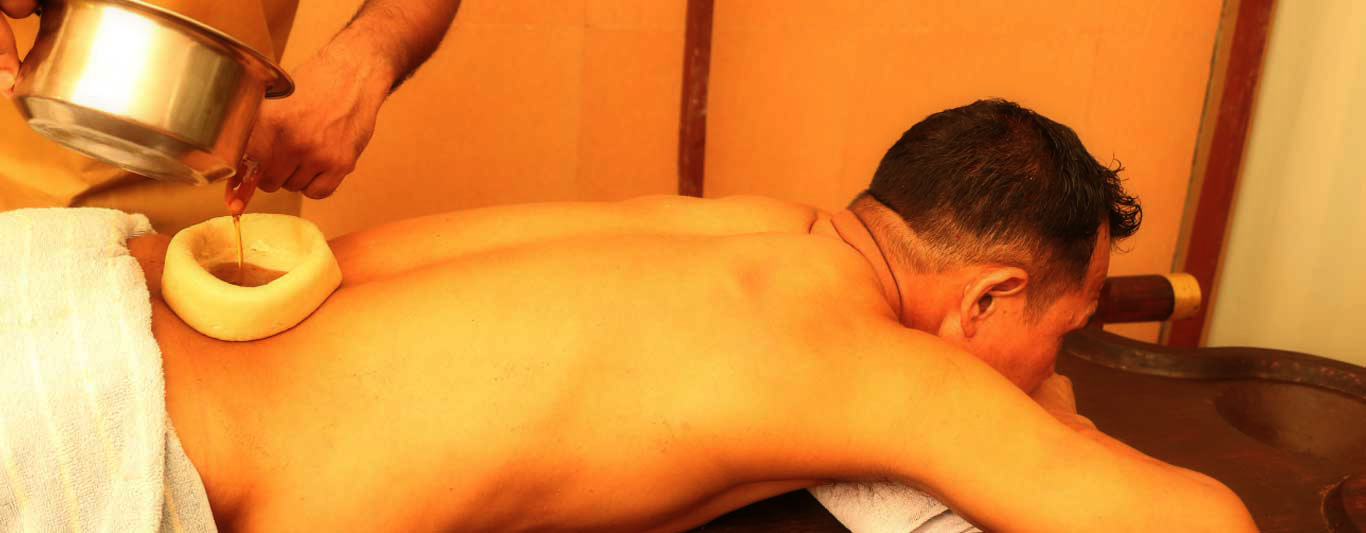Diabetes
Diabetes
Diabetes mellitus (DM), commonly referred to as diabetes, is a chronic metabolic disorder in which there are high blood sugar levels over a prolonged period. Diabetes is due to either the pancreas not producing enough insulin or the cells of the body not responding properly to the insulin produced. There are three main types of diabetes mellitus:
- Type 1 DM results from the pancreas's failure to produce enough insulin. This form was previously referred to as "insulin-dependent diabetes mellitus" (IDDM) or "juvenile diabetes".
- Type 2 DM begins with insulin resistance, a condition in which cells fail to respond to insulin properly. As the disease progresses a lack of insulin may also develop. This form was previously referred to as "non insulin-dependent diabetes mellitus" (NIDDM) or "adult-onset diabetes". The primary cause is Lack of exercise, mental stress and strain, excessive sleep, overeating and consequent obesity, excessive intake of sugar and refined carbohydrates, Overloading of proteins and fats can also lead to diabetes. Hereditary factors also play role in causing diabetes.
- Gestational diabetes is the third main form which occurs during pregnancy but may resolve after the baby is delivered.
Symptoms
- Increased thirst
- Frequent urination
- Extreme hunger
- Unexplained weight loss
- Presence of ketones in the urine
- Fatigue
- Irritability
- Blurred vision
- Slow-healing sores
- Frequent infections, such as gums or skin infections and vaginal infections
Ayurvedic Perspective
In ayurveda diabetes is correlated as Prameha and the ayurvedic concept on the manifestation of the disease is essentially associated with mithyahara vihara-improper dietary habits and physical exertion. There are 20 types of prameha.
(vata-4,Pitta-6, Kapha-10 ) Any of the prameha (urinary disorder) if neglected ultimately it ends up in madhumeha due to nature of the illness. Madhumeha iswhich is categorized as Vataj Meha interpreted as diabetes mellitus.
Deterioration of the body is a characteristic that indicates impairment of Vata. Maximum deterioration of dhatus (body tissues) occurs in this type of disease and this is the reason why all vital organs are affected by Diabetes
Madhumeha is classified as a Maha Roga (Major Disease) because, if not treated in time, it can lead to several complications in the body, including eye problems, joint pains, impotency, kidney failure, sexual and urologic problems, and more. Diabetes is a metabolic disorder and it cannot be merely treated by controlling sugar levels. The treatment recommended in Ayurveda is aimed at rejuvenating the body to not only balance sugar levels, but also ensuring that no further complication is caused.
Main Procedure
Ayurvedic treatments are equally effective for the insulin dependent and non insulin dependent. The aim of the treatment are:-
1. To control the blood sugar level
2. To enable the body for proper use of the sugar by stimulating the pancreas.
To prevent the possible complication of diabetes like diabetic neuropathy, retinopathy.
External therapy such as Abhyangam, Udwarthanam, Navarakkizhi, Thakradhara, Thalam, Padabhyangam etc
Panchakarma therapy such as Virechanam, Nasyam, Sneha vasthy, Kashaya vasthy according to the condition.
Duration of stay
For the ayurvedic cure the patients are treated both in op and IP departments.
IP treatments require 2-3 weeks of treatment.
Expected Outcome
Good control of sugar is attained with in the course of treatment. To maintain the results patient should strictly follow the advices of the doctor regarding medicine ,food and exercise.
Diet
- Include whole grains in the diet, such as whole wheat ,ragi and brown rice.
- Cheese and yogurt prepared with skimmed (nonfat) milk may be taken.
- Use garlic, onion, bitter gourd, spinach, raw banana, and black plum.
- Make a flour mixture of 1 part barley, 1 part black chickpeas, and 4 parts whole-wheat flour and use this to form pancakes and bread.
- Avoid sweet, sour, and salty foods, potatoes, sweet potatoes, colocasia (taro), yams, fresh grains and pulses (legumes), whole yogurt (high in fat), and heavy, oily and spicy foods.
- Avoid sweet fruits like pineapple, grapes, mangoes, etc.
Activity restrictions
- Avoid excessive sleep.
- Avoid excessive indulgence in sexual and other sedentary habits.
- Avoid Over eating, smoking
- Do not control the urge to urinate
- Start doing some light exercise, such as brisk walking. Build up to a brisk walk of 30-40 minutes in the morning and again in the evening.
- Avoid sleeping in the daytime as it increases Kledaka Kapha.
Simple Home Remedies
- Dry the leaves of mango tree and grind to a powder. Mix 1 teaspoon dry powder in a glass of water and drink it daily to reduce high blood sugar levels.
- Take 2 teaspoons of bitter gourd (karela) juice once a day. One can also increase its use as a cooked vegetable.
- Take Indian gooseberry (amla) juice mixed with 1 teaspoon turmeric powder in empty stomach in the morning.





